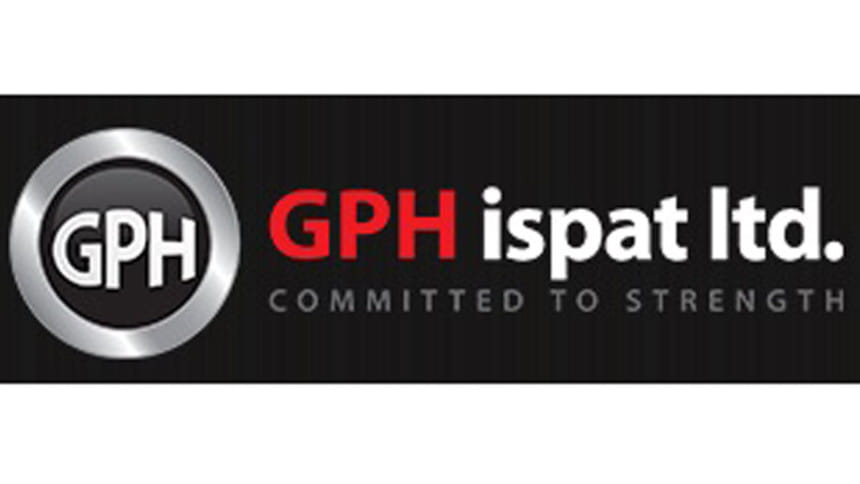GPH Ispat to ship 25,000 tonnes of billet to China

GPH Ispat, one of the country's leading steel makers, is going to export billet to China in what will be the biggest-ever outgoing shipment of raw materials of rod by any Bangladeshi company.
The company said it decided to ship 25,000 tonnes of MS billet to the world's second largest economy for $10.17 million.
"It is the first time that a bulk cargo of billet will be exported from Bangladesh," GPH Ispat said in its disclosure to the Dhaka Stock Exchange (DSE).
After the news broke, the company's share prices rose 3.16 per cent to Tk 26.10 as of yesterday.
The steel maker's disclosure came a month after it expanded its annual billet production capacity from 2.1 lakh tonnes in 2018 to more than 10 lakh tonnes this year.
GPH also increased its rod production capacity from 1.50 lakh tonnes in 2018 to 7.60 lakh tonnes in 2020.
Today, GPH is the third biggest manufacturer of billet after AKS and BSRM in the country, which has attained self-sufficiency in the making of key raw materials used to produce steel thanks to drives by local companies to develop and expand backward linkage capacities to feed growing domestic demand for public and private construction.
Bangladesh's steel sector has the combined capacity to produce more than 60 lakh tonnes of billet annually to make rods and other steel products, according to industry operators.
"GPH is the only company which exports billet," said Kamrul Islam, executive director of finance and business development at GPH Group.
The company registered record billet exports in 2008, when it was just 2,500 tonnes, and also initiated rod and billet shipments to India in fiscal 2010-11.
"This is the first time we are going to ship billets as bulk cargo from Bangladesh," Islam said, "This time, we are about to make the biggest shipment in the history of Bangladesh in terms of value."
GPH aims to register export receipts amounting to $70-100 million for the current fiscal year and expects their export earnings to increase further in the near future.
If the government provides policy support similar to what other export-oriented sectors receive, it will boost the number of outgoing billet shipments.
The steel industry is capital intensive and value addition in the sector is more than 50 per cent locally, Islam added.
Having started its journey in 2006, GPH began commercial production in August 2008 with an annual capacity to produce 84,000 tonnes of billet and 120,000 tonnes of rod.
GPH Ispat also reported that its earnings per share (EPS) declined to Tk 0.12 in January-March this year from Tk 0.61 during the same period a year ago.
EPS dropped to Tk 0.98 between July 2019 and March 2020 from Tk 1.49 during the same period a year ago, according to DSE data.

 For all latest news, follow The Daily Star's Google News channel.
For all latest news, follow The Daily Star's Google News channel. 



Comments